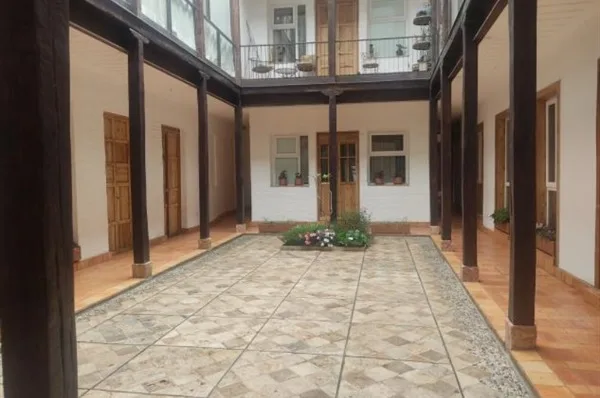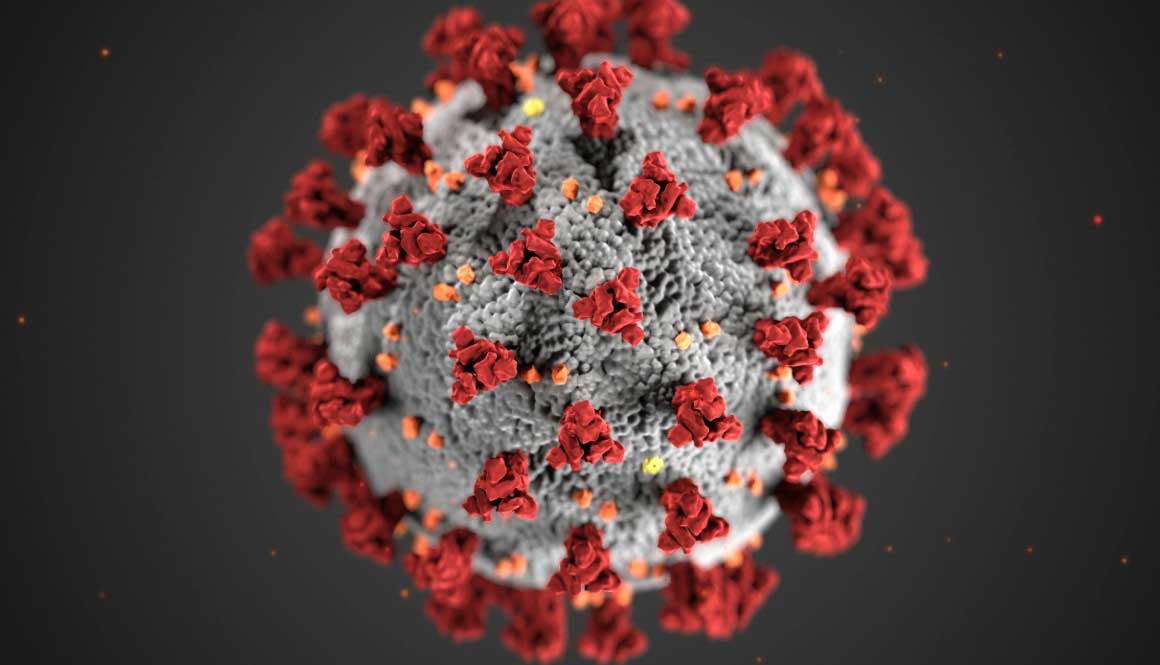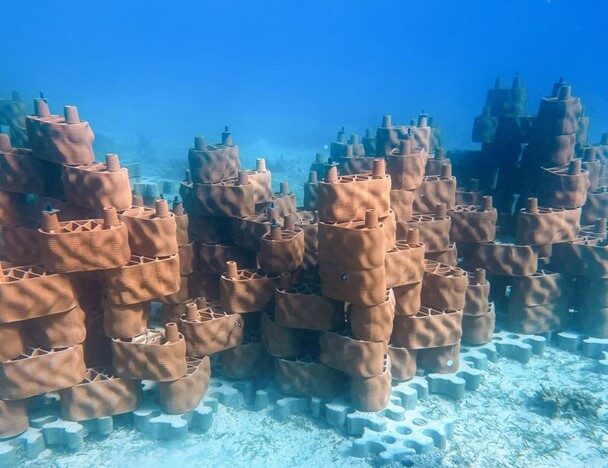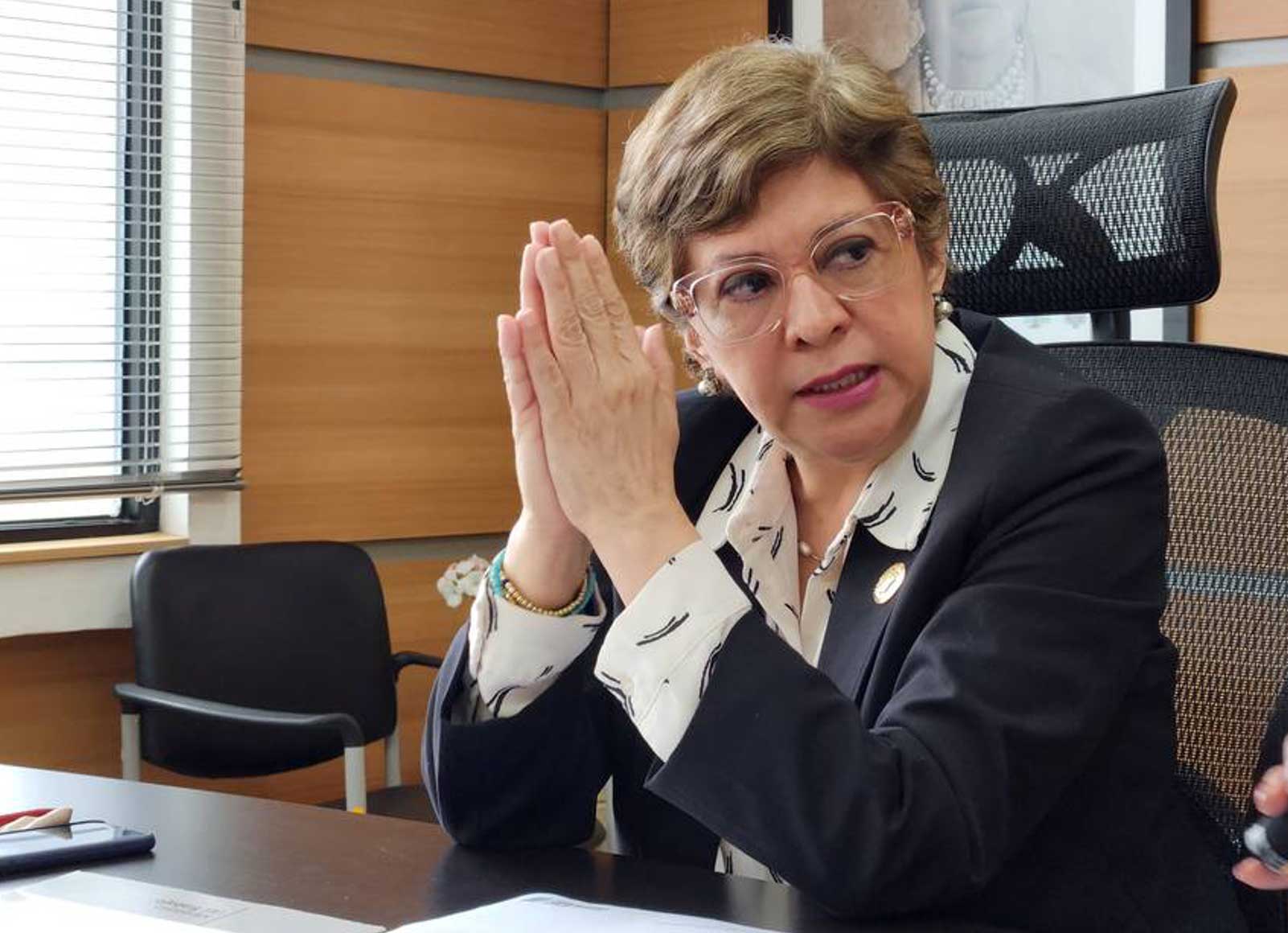Mayor and prefect support different presidential candidates; Talks to restore archeological site; Ecuador’s ‘rice crisis’; Protest of bus stop closure
Although Cuenca Mayor Cristian Zamora and Azuay Province Prefect Juan Cristóbal Lloret are backing different presidential candidates, both say their political positions are similar.
Lloret supports the candidate of his Citizens Revolution party, Luisa Gonzales, while Zamora is backing Cuenca environmental activist Yaku Pérez represented by a coalition of the Democracia Sí, Popular Unity and Socialist parties.
In a radio interview last week, Lloret said he and Zamora have similar positions on many issues affecting the province and city and have a good working relationship. “From a national perspective, we support different candidates but both Luisa and Yaku represent center-left positions and have similar approaches to restoring the health and vitality of Ecuador.”

Protesters blocked traffic last week at the Control Sur after the city announced it would no longer allow inter-provincial bus stops.
In a separate interview, Zamora agreed with Lloret about the pair’s good working relationship and shared goals. “We both believe in the same values and our political positions are similar. We are both liberals,” he said. “Besides that, we agree that the national government has ignored the interests of this city and this province for too long and believe a change of leadership in Quito is necessary.”
Plans discussed to reopen archeological site
The Azuay Province Casa de Cultura meets Monday with representatives of the national Ministry of Culture with hopes of restoring and reopening an archeological site in Todo Santos. The site, located at the intersection of Bajada de Todo Santos and Bajada de los Molinos, near the Todo Santos Bridge, contains ruins from the Canari, Inca and Spanish colonial periods.
The site was closed to the public five years ago due to lack of funds and has not been maintained since.
According to Azuay Casa de Cultura director Martin Sanchez, the archeological site could suffer permanent damage if it is not restored and protected soon. “Vandals have caused damage to some of the building features and the area is frequented by homeless people and drug dealers. We need immediate intervention to protect it.” He is requesting $235,000 to restore the area.
Sanchez has invited the director of the National Institute of Cultural Heritage, Catalina Tello, and the undersecretary of Cultural Heritage, Juan Mafla, to attend Monday’s meeting.
Elimination of bus stop draws protest
Business owners and residents blockaded the southbound lane of Av. Las Americas at Control Sur Friday morning to protest the municipal mobility office’s (EMOV) decision to prohibit stops by inter-provincial buses.
Merchants claim the stops are necessary for their employees and customers who would otherwise be required to take taxis from Terminal Terrestre on Av. Espana, requiring additional expense and time.
According to EMOV director Alfredo Aguilar, the bus stops violate a city ordinance that inter-provincial buses can pick up and drop off passengers only at authorized points. “This rule has been in effect for years and applies to municipal as well as intra-provincial buses as well,” he said. “The irregular stops at Control Sur disrupts traffic, endangers the safety of pedestrians and leads to increased crime,” he said. “The buses often sit idle in traffic lanes for five to seven minutes, causing traffic jams.”
Several merchants say they plan to meet with Mayor Cristian Zamora about the problem.
Ecuador looks to other countries to solve ‘rice crisis’
Ecuador is negotiating with other countries in the region to cover the shortfall in local rice production due to crop failures and other problems. Rice is a central staple to the Ecuadorian diet and shortages and higher prices for consumers have been called a “rice crisis” by the country’s Agricultural Ministry. According to the Ministry, Ecuador’s rice shortfall could amount to 200,000 tons.
The government has imported a first batch of 30,000 tons of rice from Colombia and is making arrangement with Peru, Argentina, Uruguay, and Brazil for additional shipments.
Agriculture Minister Eduardo Izaguirre said the government paid Colombia $4.60 a kilo for the first imports, it hopes to the lower the price for future purchases. “The entire continent is experiencing issues with rice crops, so we understand the market pressure, but our aim is to bring the price back to our normal range, between $3.20 and $3.50.”
According to Izaguirre, the rice shortage has resulted in cases of price gouging to consumers. He also says some Ecuadorian producers are withholding rice from the market, to drive prices higher, a practice that is illegal.
















